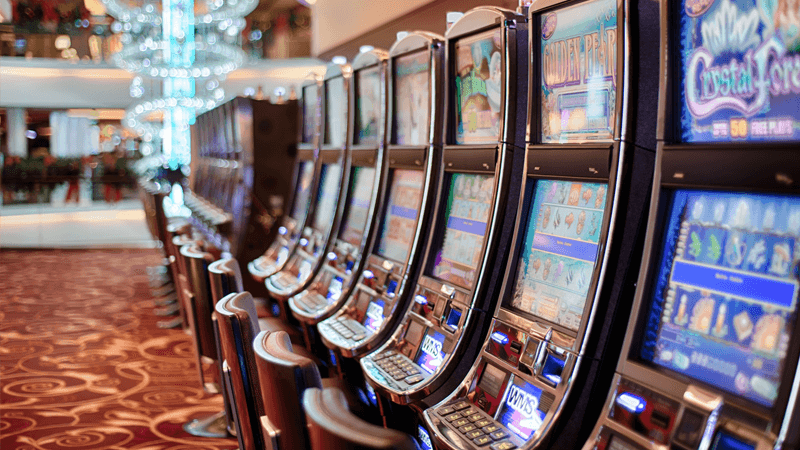Gamblers are continuing to lose an increasing amount of money on gaming machines, despite a Government crackdown.
The Government aimed to tackle high spending on addictive Fixed-Odds Betting Terminals (FOBTs) – known as the ‘crack cocaine’ of gambling – which have been closely linked with problem gambling.
The maximum bet that can be placed is £100, and gamblers can stake this every 20 seconds.
Consent
In April 2015 ministers introduced a ‘soft cap’ of £50 on Fixed-Odds Betting Terminals (FOBTs).
Anyone wishing to wager more than £50 now has to receive consent from a member of staff, or gamble from a verified account.
However, in the twelve month period following the new rule’s introduction, spending on FOBTs increased, as did the length of time people spent on them.
‘Failed spectacularly’
Adrian Parkinson, of Campaign for Fairer Gambling, was critical of the Government’s intervention.
He said: “It’s abundantly clear the Government measures to minimise the harm caused by these machines have failed, and failed spectacularly.”
A report commissioned by GambleAware, a charity which helps to identify problem gambling, concluded the move was ineffective.
The analysis showed that while the number of bets over £50 decreased, gamblers simply spread their spending over multiple smaller bets.
Extreme cases
It stated: “it seems unlikely that the Intervention achieved its ultimate goal of harm mitigation”.
In December the Government closed a consultation on the effects of FOBTs on society.
GambleAware’s submission documented some extreme cases of problem gambling related to gaming machines, including seven gamblers who each lost over £10,000 in a single gambling session.
In one case, a gambler lost almost £14,000 – more than half the UK’s national average wage – in a single seven-and-a-half-hour sitting.
‘Obscene losses’
Carolyn Harris MP, chair of the All Party Parliamentary Group on FOBTs, said although such losses were rare, they were concerning.
“Those are obscene losses”, she said. “If anyone can sit there for that long and lose that much money, they’re not being watched and there is no intervention.”
At present, staff in betting shops are supposed to intervene if they believe a customer could be at risk of problem gambling.

